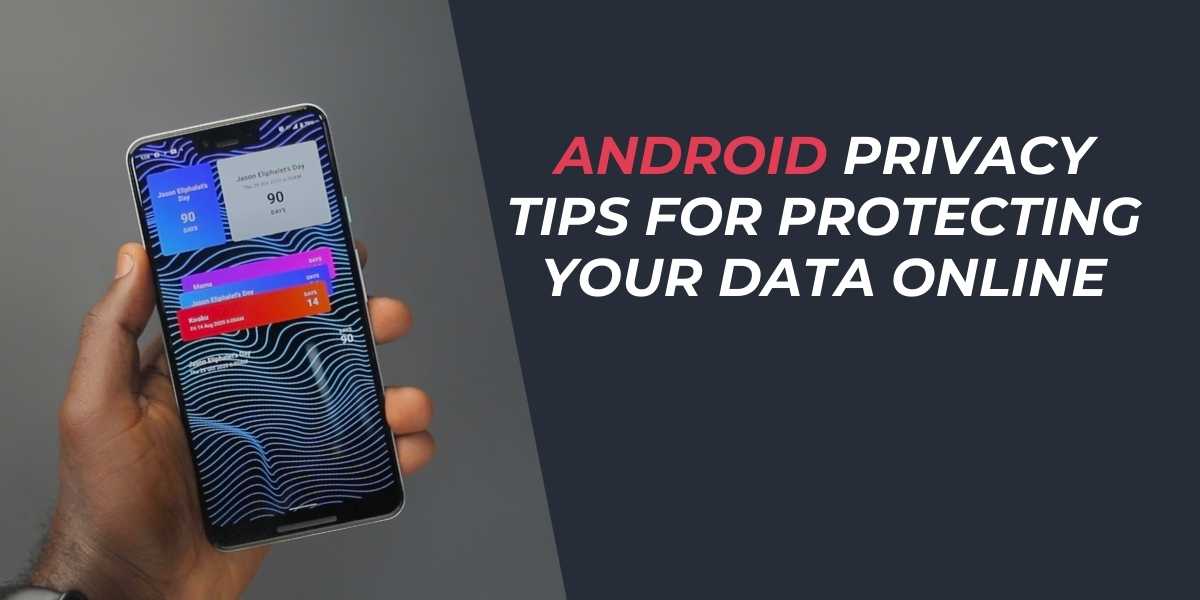Android Privacy Tips for Protecting Your Data Online in 2024
Protecting your online privacy using an Android device is essential in our digital age. With the numerous threats lurking in the corners of the internet, understanding how to effectively safeguard your data on these devices is crucial.
Understanding the Threats to Online Privacy
Given that Android phones are omnipresent in our lives, they also represent a vulnerability point if not adequately protected. Key threats include data interception by governments, browser data sharing, misuse by search engines, non-secure websites, and malware infection. These can collectively compromise your privacy if left unchecked.
Secure Your Online Privacy: Simple Steps on Android
While the threats may seem overwhelming, taking a few strategic steps can significantly boost your online security. Here’s how you can enhance the privacy settings on your Android device:
1. Use a Reliable VPN
Virtual Private Networks (VPNs) encrypt your internet connection, making it difficult for third parties to track your online activities. Consider a VPN service that offers robust encryption, such as ExpressVPN, which provides 256-bit encryption and operates outside the jurisdiction of surveillance alliances.
2. Enhance Browser Security
Your browser is your gateway to the web, so ensure it’s secure. Regularly clear your cache and cookies, use a privacy-focused search engine like DuckDuckGo, and enable ‘Do Not Track’ features if available. These measures limit the data you share with websites.
3. Enable Secure Communication
When communicating online, opting for encrypted messaging apps like Signal ensures your conversations remain private. Unlike regular messaging apps, these provide end-to-end encryption, making your messages accessible only to you and the recipient.
4. Review App Permissions
Each app you install may request access to personal data. Regularly review these permissions and disable any that seem unnecessary. This can help prevent apps from collecting and potentially misusing your data.
Protecting Your Device from Malware
Malware threats can severely compromise privacy by stealing or corrupting data. Ensure that your Android device is protected by installing reliable anti-malware software. Regular scans and updates are crucial to maintaining device security.
Using Cloud Storage Securely
While convenient, cloud storage can expose your data if not used wisely. Prefer providers that offer end-to-end encryption and also consider encrypting your files manually before upload to prevent unauthorized access.
Conclusion
By taking these steps, you can enhance your online privacy significantly. Remember, the objective is not only to prevent unauthorized access to your data but also to maintain control over your digital footprint. Stay informed and proactive to keep your Android device secure in 2024.


